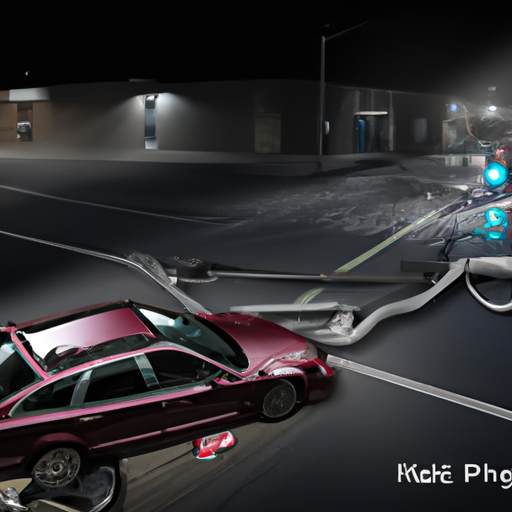The Canadian Opioid Crisis: The Ripple Effects of the Opioid Class Action
Our community is frequently reminded of the severity of the opioid crisis that is sweeping our nation. For many in our society, the crisis materializes as abstract statistics or frightening news headlines. However, for some, its impact is personal and often tragic. One such incident is the alleged opioid-related crash in northwest Toronto, as reported by CTV News.
The Vicious Cycle of the Opioid Epidemic
The impacts of the opioid crisis are not limited to the staggering numbers of deaths it claims each year. Its influence permeates every layer of society, affecting security, public health, and socioeconomic resources. As such, it is a pressing issue that national and community leaders, as well as every Canadian, should pay attention to.
Connection to Crime
As observed in the aforementioned news story, the correlation between opioids, crime, and public safety is alarming. Probable drug-induced impaired driving resulted in a serious automobile accident, leaving the driver critically injured. A significant percentage of crimes including theft, assault, and even traffic offenses are perpetuated under the influence of opioids. This subsequently escalates the burden on our justice system and medical institutions.
Safety of the Homeless Population
The homeless frequently fall victim to the pervasive availability and addictive nature of opioids. A shelter resident may increasingly resort to these drugs as an escape from the harsh realities they face, often leading to aggression, unpredictable behaviour, and increased susceptibility to overdose. In essence, the opioid crisis is exacerbating Canada’s homelessness problem.
Attempts at damage control
Efforts, however, have been taken to mitigate the effects of the opioid epidemic. The public safety department, healthcare providers, and volunteers are working diligently to minimize harm and save lives. For instance, first responders across the nation are equipped with naloxone, a drug that can reverse the effects of an opioid overdose, at least temporarily, to buy time for medical help to arrive.
Key Points:
- The opioid crisis has ripple effects that extend beyond personal health and safety issues, notably influencing crime rates and homelessness.
- Through opioid-impaired driving and theft, the crisis is fueling an increase in crime, thereby straining law enforcement and the justice system.
- The crisis is worsening the homelessness situation by escalating already existing vulnerabilities.
- Efforts to combat the opioid crisis include equipping first responders with naloxone, a lifesaving antidote to opioid overdose.
A Collective Act Against the Opioid Crisis
In conclusion, the opioid crisis is a multifaceted problem that requires a comprehensive and robust response. Beyond treating individual cases, attention must also be paid to societal factors contributing to the problem, including crime and homelessness. Actions such as the opioid class action are critical steps taken to acknowledge the damage caused by the opioid crisis, but consistency in these action must be maintained. It is only through collective effort – policy change, awareness campaigns, and individual participation – that we can hope to significantly mitigate the impacts of this crisis and repair the damage it has caused to our communities.
